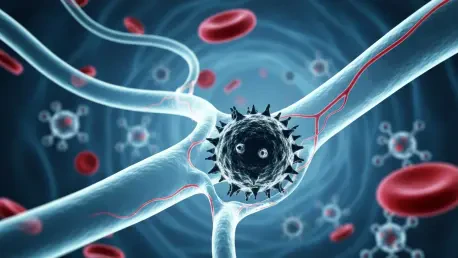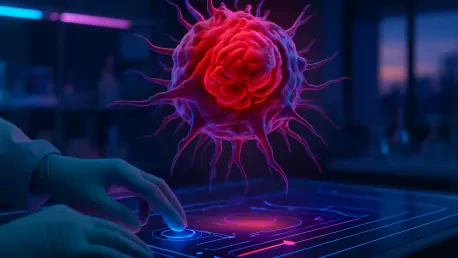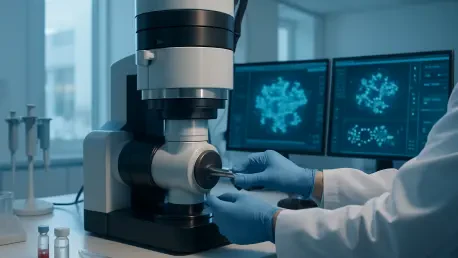
What if a remedy hailed as a breakthrough for countless ailments turns out to be more myth than medicine? Across the U.S. and Canada, millions have turned to medical cannabis, hoping for relief from chronic pain, anxiety, and more. Yet, beneath the buzz, a sobering reality emerges: scientific

Imagine a silent invader within the body, cunningly crafting escape routes to spread its destruction far beyond its origin. Breast cancer, one of the most prevalent cancers globally, operates with such stealth, manipulating the lymphatic system to fuel its deadly journey. This roundup dives deep

Diving into the intricate world of molecular biology and neurodegenerative disease research, I’m thrilled to sit down with Ivan Kairatov, a renowned biopharma expert with a wealth of experience in research and development. His innovative work has pushed boundaries in understanding the complex

Diving into the intricate world of cancer biology, we’re thrilled to speak with Ivan Kairatov, a renowned biopharma expert with a profound background in research and development. With a sharp focus on technological innovation in the industry, Ivan has been at the forefront of uncovering how

Imagine a world where the intricate dance of molecules within the brain can be captured in stunning detail, offering a roadmap to tackle one of neurology’s most persistent challenges—epilepsy. This vision is becoming reality thanks to cryo-electron microscopy (Cryo-EM), a cutting-edge technology

Imagine a simple shot, one already familiar to millions for preventing a painful skin condition, holding the power to shield the mind from a devastating disease like dementia—a condition impacting over 55 million people worldwide with no cure in sight. That’s the startling promise emerging from a